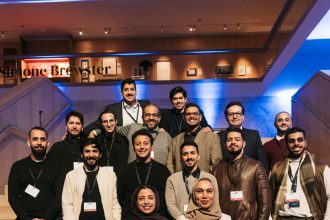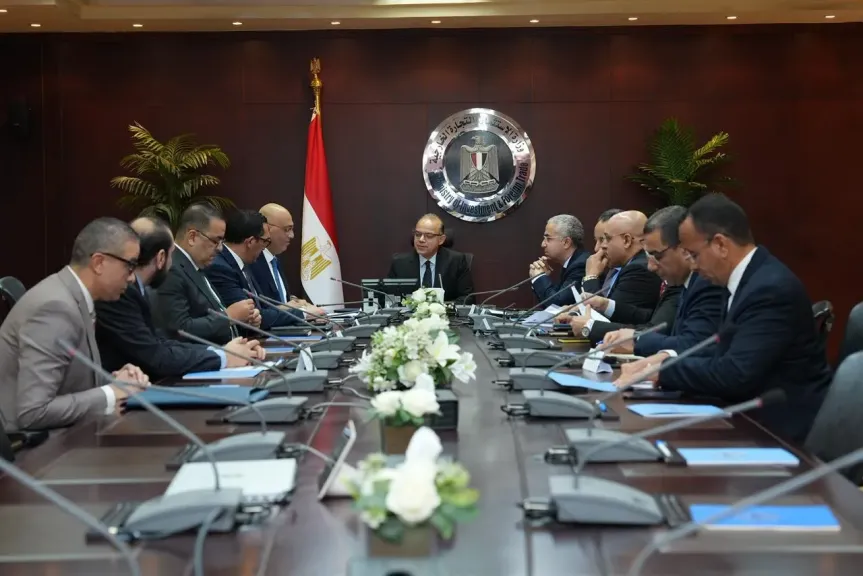The Government of Mauritania has announced the launch of an extensive national program designed to place female entrepreneurship at the core of the country’s economic and social policies. This strategic initiative marks a significant shift from recurring developmental slogans to a practical vision aimed at creating thousands of job opportunities and leveraging women’s potential as a key driver for national growth and stability. The program is set to create over 10,000 direct and indirect income opportunities over the next four years.
A Strategic Shift to Productive Financing
Presented by Safiya bint Entehah, the Minister of Social Work, Children, and Family, the program represents a new phase in the government’s approach to women’s empowerment. It aims to transform social support into sustainable, performance-based productive financing. A key objective is to increase the percentage of women benefiting from productive financing to 35% within four years, thereby enhancing their economic independence and reducing social disparities. The initiative will utilize modern digital tools for transparent monitoring and impact measurement, ensuring that support is based on tangible results.
The Eight Pillars of Empowerment
The program is built on eight integrated components designed to provide comprehensive support for female entrepreneurs. These pillars include:
- Financing: Providing targeted funding for women-led small and medium-sized enterprises (SMEs) through clear and transparent criteria.
- Training and Mentorship: Organizing continuous courses in entrepreneurship, financial management, and other critical business skills.
- National Consultation Forums: Creating platforms for dialogue and policy input.
- Political Empowerment: Enhancing women’s participation in decision-making processes.
- Access to Real Estate: Facilitating land ownership for women through institutional partnerships.
- Sustainability: Ensuring the long-term viability of female-led businesses.
- Monitoring and Evaluation: Implementing a rigorous system to measure the social and economic impact of the program.
- Communication and Community Mobilization: Fostering a culture that supports and encourages female empowerment.
Building on Previous Success
This national initiative is an expansion of the successful program supporting women’s cooperatives, which ran from 2019 to 2024. It also builds on the foundation laid by the “Empowering Women and the Demographic Dividend in the Sahel” project (2021-2024), a $60 million initiative funded by the World Bank. These prior efforts have paved the way for a broader national strategy focused on supporting women and girls in education, health, and economic empowerment.
Addressing Economic Disparities
While Mauritania has seen a notable rise in women’s political representation, their participation in the formal economy remains limited. Women constitute a major force in agriculture and small-scale trade, but female entrepreneurs represent only 11% of the total. Experts attribute this gap to difficulties in accessing finance, a lack of vocational training, and the absence of institutional support networks. This new program directly addresses these structural challenges by providing the necessary funding, training, and institutional backing to help women-led ventures launch and scale.
About The National Program for Women’s Empowerment
The National Program for Women’s Empowerment is a comprehensive, nationwide initiative by the Government of Mauritania to systematically advance the economic and social standing of women. Its primary goal is to integrate female entrepreneurship into the national economic framework by providing structured support across eight key areas, including financing, training, and access to property. The program aims to create over 10,000 income opportunities and transition from a social support model to one of sustainable, productive financing to foster long-term economic growth and gender equality.
Source: Al-Quds Al-Arabi















